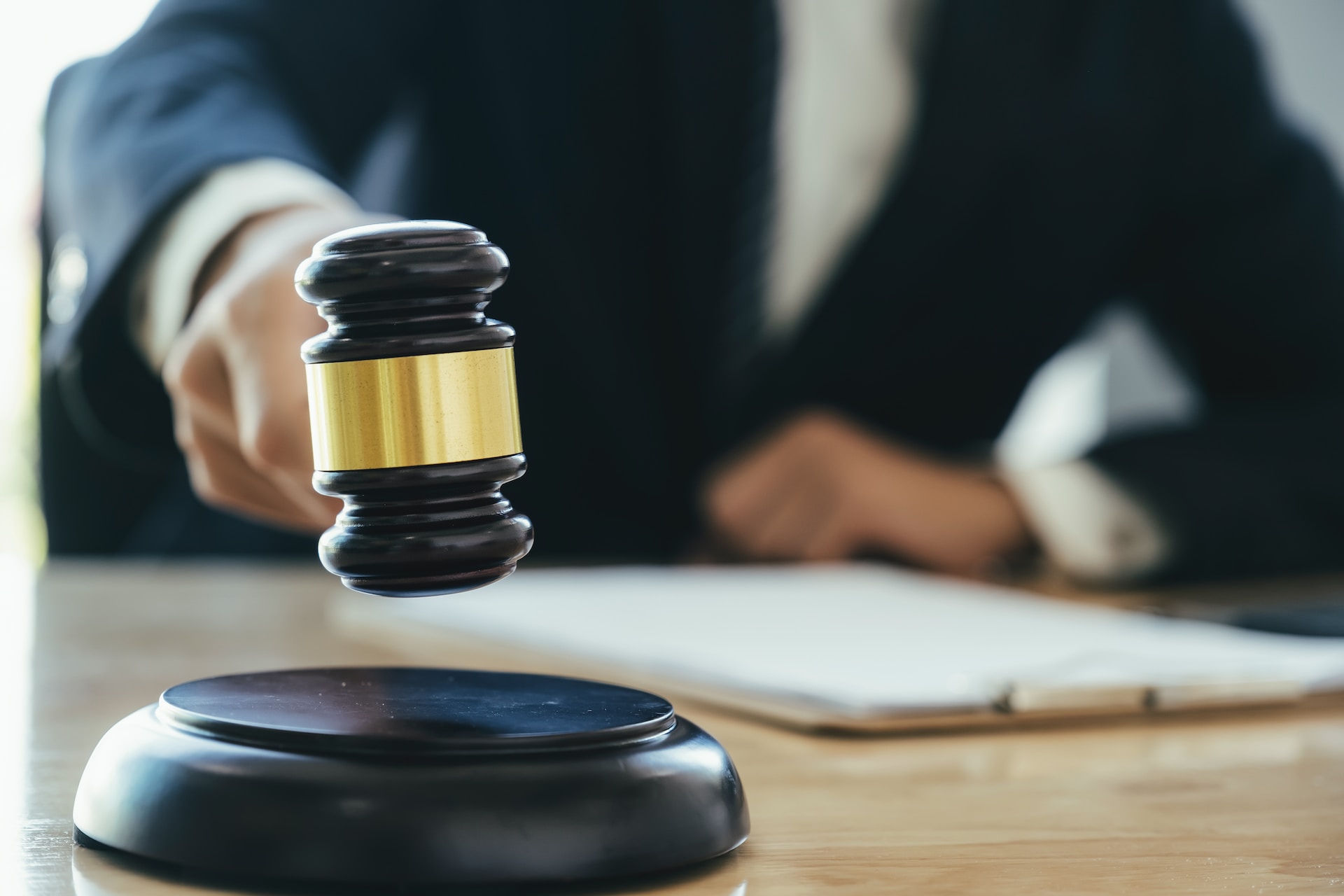Life’s rich tapestry of emotions, interactions, and experiences can sometimes lead us down a path of exuberance, where our behavior may border on chaos. Society relies on disorderly conduct laws to maintain equilibrium, ensuring that everyone can live together without undue interference.
These laws, while varied across different jurisdictions, share the common goal of fostering a peaceful environment for all. In this blog post, we will dissect disorderly conduct laws, understand what they entail, and explore how we can act responsibly.
Contents
- 1 What is Disorderly Conduct?
- 2 Public Intoxication: A Common Pitfall
- 3 Noise Complaints: Striking the Right Chord
- 4 Protests and Freedom of Speech: A Delicate Balance
- 5 Public Nudity: Know the Boundaries
- 6 Walking the Line Between Freedom and Order
- 7 Dealing with Law Enforcement: Keep Cool
- 8 Alcohol and Judgment: A Tricky Mix
- 9 Conclusion
What is Disorderly Conduct?
Disorderly conduct is a broad legal concept, encompassing a myriad of behaviors such as public disturbances, use of offensive language, or fighting in public areas. Anything that interrupts the community’s peace or poses a threat to public safety might fall under this category. While the definition might seem vague, the goal is to create a balanced and harmonious atmosphere for everyone.
Here are some examples of potential disorderly conduct:
- Yelling and causing a disturbance in a public place.
- Engaging in aggressive behavior that threatens or intimidates others.
- Fighting or inciting a physical altercation in a crowded area.
- Creating excessive noise late at night, disturbing the peace.
- Vandalizing public or private property, defacing walls, or graffiti.
- Harassing and verbally abusing others in a public setting.
- Blocking traffic or obstructing public pathways intentionally.
- Public intoxication and behaving in a disorderly manner due to alcohol or drugs.
- Disrupting a lawful assembly or gathering, refusing to comply with orders.
- Engaging in lewd or indecent behavior in a public space.
If you find yourself accused of disorderly conduct, hiring a law firm like www.barnettfalls.com is crucial to protect your rights and navigate the legal system effectively. Disorderly conduct charges can have serious consequences, ranging from fines and probation to imprisonment, depending on the severity of the offense and local laws.
A skilled lawyer experienced in criminal defense can assess the specifics of your case and formulate a strong defense strategy. They will investigate the incident, gather evidence, interview witnesses, and review any available video footage to challenge the prosecution’s claims. Your lawyer will also ensure that your rights were not violated during the arrest or investigation.
Moreover, a lawyer can negotiate with the prosecution for possible plea deals or reduced charges, aiming to minimize potential penalties. In some cases, they may even be able to get the charges dismissed if there is insufficient evidence or procedural errors.
Navigating the legal system on your own can be overwhelming and lead to unintended consequences. A lawyer provides expert guidance, ensuring that you understand the charges and potential outcomes, while representing your best interests in court. By enlisting legal representation, you increase your chances of achieving the most favorable resolution and safeguarding your future.
Public Intoxication: A Common Pitfall
Public intoxication often triggers disorderly conduct charges. A joyful celebration might turn into an uncontrolled situation, leading to legal issues. Being aware of your limits and keeping festivities under control can help you avoid unnecessary trouble.
Noise Complaints: Striking the Right Chord
We all enjoy music, but playing it at high volumes, particularly late at night, can lead to disorderly conduct charges. Being considerate of your neighbors and maintaining a moderate volume will keep everyone content.
Protests and Freedom of Speech: A Delicate Balance
Freedom of speech allows us to voice our opinions and call for change, but there are boundaries. Encouraging violence or aggressive behavior during protests can lead to legal consequences. Sticking to peaceful demonstrations is the lawful way to ensure your message is heard.
Public Nudity: Know the Boundaries
While artistic expression is encouraged, public nudity is typically deemed disruptive. Such behavior can result in legal repercussions, so it’s advisable to reserve such expressions for suitable venues.
Walking the Line Between Freedom and Order
Exercising freedom of expression while avoiding disorderly conduct charges requires finesse. Pushing the envelope through art or speech is fine, but avoid crossing the line into violence or public disruption. Thoughtful dialogue encourages growth, while disruptive actions only foster tension.
Dealing with Law Enforcement: Keep Cool
Interacting with law enforcement might be stressful, but maintaining a calm demeanor is crucial. Aggressive behavior can escalate the situation, potentially leading to charges. Cooperation, respectful assertion of your rights, and seeking legal advice if needed can go a long way.
Alcohol and Judgment: A Tricky Mix
Alcohol can cloud judgment and lead to disorderly conduct. If you choose to consume alcohol, do so responsibly, and surround yourself with people who can help you stay grounded.
Conclusion
Navigating life’s intricate dance requires us to balance self-expression with a respect for others’ space and well-being. Disorderly conduct laws remind us that our liberties are intertwined with responsibilities to preserve harmony and safety. Being mindful of our actions and surroundings allows us to move gracefully through life, coexisting in harmony with others. The next time you feel like letting your hair down, remember to do so with care, ensuring that you stay on the right side of the law.



